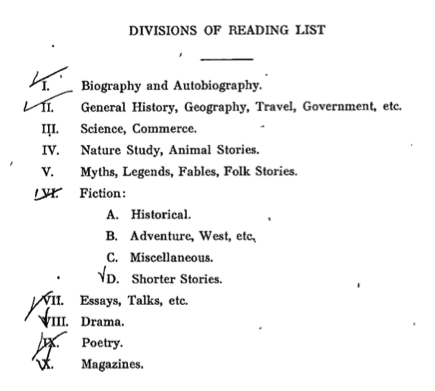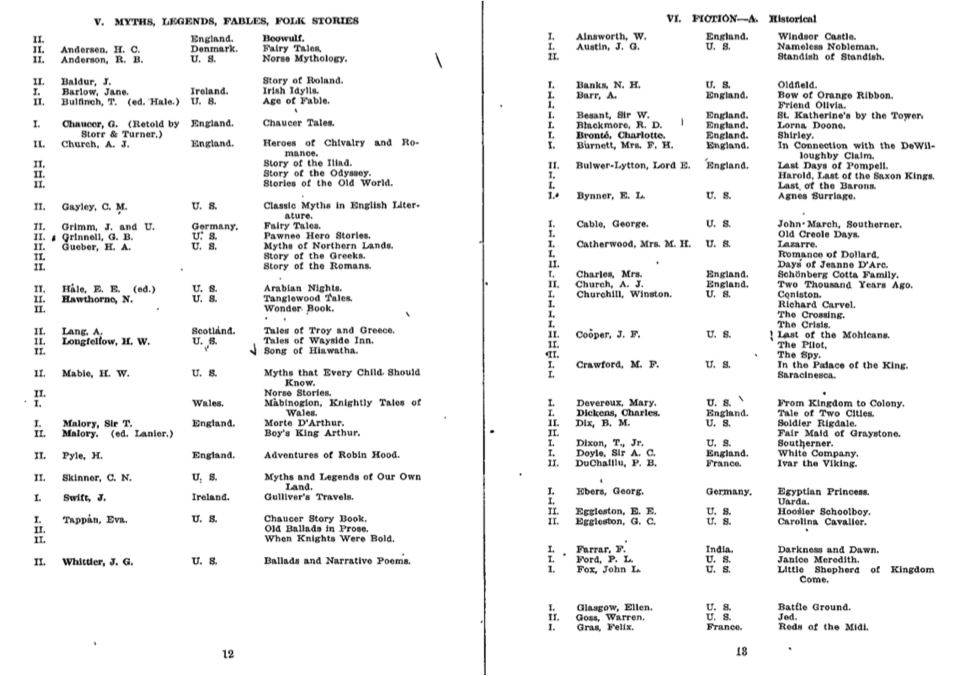and a winner of a 2016 MSLA Service Award
The academic literature is clear. Summer reading improves outcomes for students. The implications for students, especially those in the vulnerable range captured by the achievement gap, are significant and present serious equity issues (Kim, 2010). The New York State Library issued a brief on summer reading that provides an incredible annotated bibliography on the impact of summer reading programs, the impact of learning loss on disadvantaged youth, and the positive impact of successful reading experiences (University of the State of New York - New York State Education Department, 2015). Additionally the Dominican Study was conducted over a three-year period from 2006-2009 (Roman and Fiore), focused on the impact of summer reading programs offered by public libraries, and concluded that:
For students who completed the third grade:
- More girls participated
- Fewer students on free and reduced meals participated
- More participants were Caucasian
- Summer program participants had higher reading scores when tested in the spring
Receiving fourth grade teachers found that students who participated in summer reading programs:
- Started the school year ready to learn
- Had improved reading achievement
- Demonstrated increased reading enjoyment
- Demonstrated more reading motivation
- Demonstrated more confidence in the classroom
- Read beyond requirements
- Perceived reading as important
Massachusetts proudly sits at the top of national reading assessments, although this figure includes approximately 43% of third-graders who read below grade level, with 70% of third-graders in Boston scoring below grade level (Lander, 2015). A study on the impact of a three-week summer reading program on the oral reading fluency of fifteen students in grades one through seven was conducted, and determined that the program had a significant and positive impact as a summer intervention program for students who had been identified as at-risk for a decline in reading over the summer (Juilfs, 2014). Where do school library summer reading lists enter this discussion? How might reading technologies inform the discussion? A study on 20 rising sixth graders who were identified as an achievement gap cohort were provided with Nooks filled with high interest titles to motivate summer reading for pleasure (Mitchell, 2016). Three implications were identified:
- Social reading relationships were cultivated
- Access to texts shaped students’ reading
- Nooks helped to foster reading behaviors, with 80% of the students reporting a preference for digital readers
While there is abundant data on summer reading for grades K-8, the data on high school programs is a bit harder to find. However, a multi-year study conducted in an urban high school in the southeastern part of the US indicated that reading incentive programs were effective among students who might otherwise not read over the summer (McGaha and Brent, 2012). Students reported an appreciation for the “autonomous nature of the program. We were especially struck by how strongly students felt about having personal choice in their reading material and the ability to have time to read over the summer” (p. 424). The nature of the books provided to students also influenced the positive response, as is seen in the following student survey responses:
“Usually the books for school are rather boring and are a drag to read, but this one I really enjoyed” (p. 424).
“I don’t normally read over the summer, but this book (Monster) was really good” (p. 424.)
Ethel Downey (Newton South High School Library and winner of the 2016 MSLA Seal of Excellence) has maintained a list of school summer reading lists since 2006. Downey clears the summer lists each fall, but thanks to the Internet Archive WayBack Machine previous lists are still available. (The original list from 2006 can be found here.) Reflecting over the past ten years of maintaining the list, Downey shared the observation that “More school districts are posting summer reading lists for elementary grades: 2006 there were six, in 2015 there were 15. In 2008 NSHS included a One School, One Book assignment and has continued to assign one each year. Each year since other schools have sent me links to their One Book programs but this seems to have peaked as no one sent a One Book program link to me last year” (2016).
This rich resource provides insight into the wide and diverse range of summer reading expectations for the students of the Commonwealth. Where do we stand as professionals on this issue? Is summer reading still necessary? Relevant? Worth the bother? Downey summed up the state of summer reading very effectively when she said “I have tried to keep up with which books are being read and especially what the assessments, if any, are used … Wish I had a better sense of why summer reading is assigned to students - keep up reading skills, pleasure, facilitate September reentry, supporting curriculum?” (2016).
It is time to address these questions. The work being done in New York can inform our practice here in Massachusetts. Summer reading really is awfully necessary if we hope to improve reading outcomes for all students. Maybe not 120 hours over the summer. At least, not yet. But imagine the improvements that could be made if our students actually spent that amount of time reading!
Reading Lists. Retrieved April 6, 2016, from Newton South Library website:
http://nshslibrary.newton.k12.ma.us/SummerReadingListsMA
Juilfs, K. (2014). The impact of a three-week summer reading program on students' oral reading
fluency [Abstract]. University of Nebraska at Omaha, Ann Arbor, MI.
Kim, J.S. (2010). Summer reading summer not [White paper]. Retrieved April 6, 2016, from The
George Washington University Center for Equity and Excellence in Education website:
http://files.eric.ed.gov/fulltext/ED539756.pdf
Lander, J. (2015, Jul 17). The summer reading list we really need. Boston GlobeRetrieved from
http://search.proquest.com/docview/1696832839?accountid=51127
McGaha, J. M., & Brent Igo, L. (2012). Assessing high school students’ reading motivation in a
voluntary summer reading program. Journal of Adolescent & Adult Literacy, 55(5), 417-427.
Mitchell, C. C. (2016). Learning From Rising Sixth Grade Readers: How Nooks Shaped
Students? Reading Behaviors During a Summer Independent Reading Initiative - Literacy
Research and Instruction - Volume 55, Issue 1. Literacy Research and Instruction, 55(1),
67-90. http://dx.doi.org/10.1080/19388071.2015.1061623
Summer Reading Programs Boost Student Achievement, Study Says | School Library Journal.
(n.d.). Retrieved from
http://www.slj.com/2010/11/students/summer-reading-programs-boost-student-achievement-study-says/



